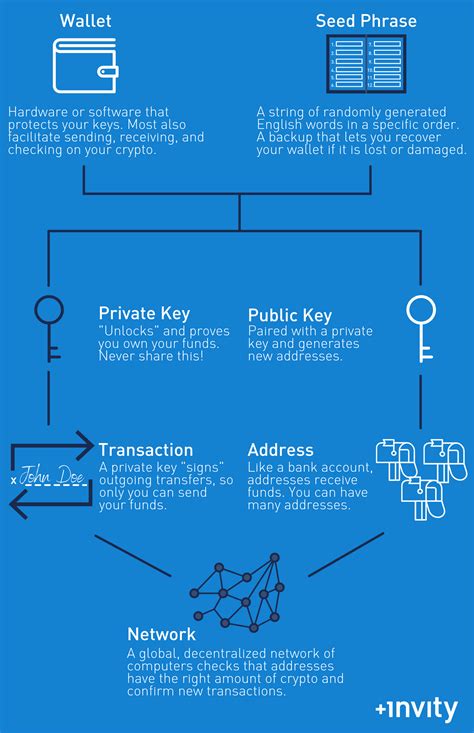“Crypto to Code: The Path to Efficient Private Key Management in Decentralized Finance”
As the world of cryptocurrency continues to evolve, one critical aspect has gained significant attention – private key management. In this article, we’ll delve into the realm of decentralized exchanges (DEXs) and explore how layer 1 solutions can play a pivotal role in ensuring efficient private key management.
Private Keys: The Unsung Heroes of Cryptocurrency

A private key is a unique digital identifier assigned to a user or organization that allows them to interact with cryptocurrency wallets, exchange platforms, or other blockchain-based services. These keys are used for secure transactions and data storage, making them the backbone of any cryptocurrency ecosystem.
However, private keys can be vulnerable to unauthorized access, theft, or compromise due to various reasons such as weak passwords, phishing attacks, or physical loss. This has led to a growing concern among users, exchanges, and financial institutions about the security of their private keys.
The Problem with Private Key Management
In traditional cryptocurrency solutions, private keys are typically stored on a single device, making them more susceptible to loss or theft. Moreover, these keys often require complex setup processes, which can be time-consuming and frustrating for users.
To mitigate these risks, decentralized exchanges (DEXs) have introduced innovative solutions that enable efficient private key management. One such solution is
Layer 1 (L1) solutions, specifically designed for private key management in DEXs.
Decentralized Exchanges: The Pivotal Role of Private Key Management
DEXs are blockchain-based platforms that enable users to buy, sell, and trade cryptocurrencies without the need for intermediaries. To facilitate seamless interactions between users and exchanges, DEXs require efficient private key management systems.
Layer 1 solutions provide a secure and decentralized way to store, manage, and transfer private keys in DEXs. These solutions utilize cutting-edge cryptographic techniques, such as zero-knowledge proofs (ZKPs), to ensure the secure exchange of data between users, exchanges, and wallets.
Layer 1 Solutions: A Key Player in Private Key Management
Several Layer 1 solutions have been developed specifically for private key management in DEXs. These solutions offer a range of benefits, including:
- Zero-Knowledge Proofs (ZKPs): ZKPs enable users to prove their ownership and identity without revealing their private keys.
- Multi-Signature Wallets: Multi-signature wallets allow multiple parties to verify transactions without compromising the user’s private key.
- Private Key Management Protocols: These protocols ensure that private keys are encrypted, secure, and can be transferred securely between different layers of a blockchain network.
Benefits of Layer 1 Solutions
The adoption of Layer 1 solutions in DEXs has numerous benefits for users, exchanges, and the broader cryptocurrency ecosystem:
- Improved Security: Private key management is significantly more secure with L1 solutions compared to traditional solutions.
- Increased Efficiency: L1 solutions streamline private key management processes, making it easier for users to interact with DEXs without worrying about security risks.
- Enhanced User Experience: Efficient private key management enables seamless interactions between users and DEXs, reducing friction and increasing overall user satisfaction.
Conclusion
In conclusion, the world of cryptocurrency requires innovative solutions for efficient private key management in decentralized exchanges (DEXs). Layer 1 solutions have emerged as a crucial player in this space, providing a secure and decentralized way to manage private keys.

